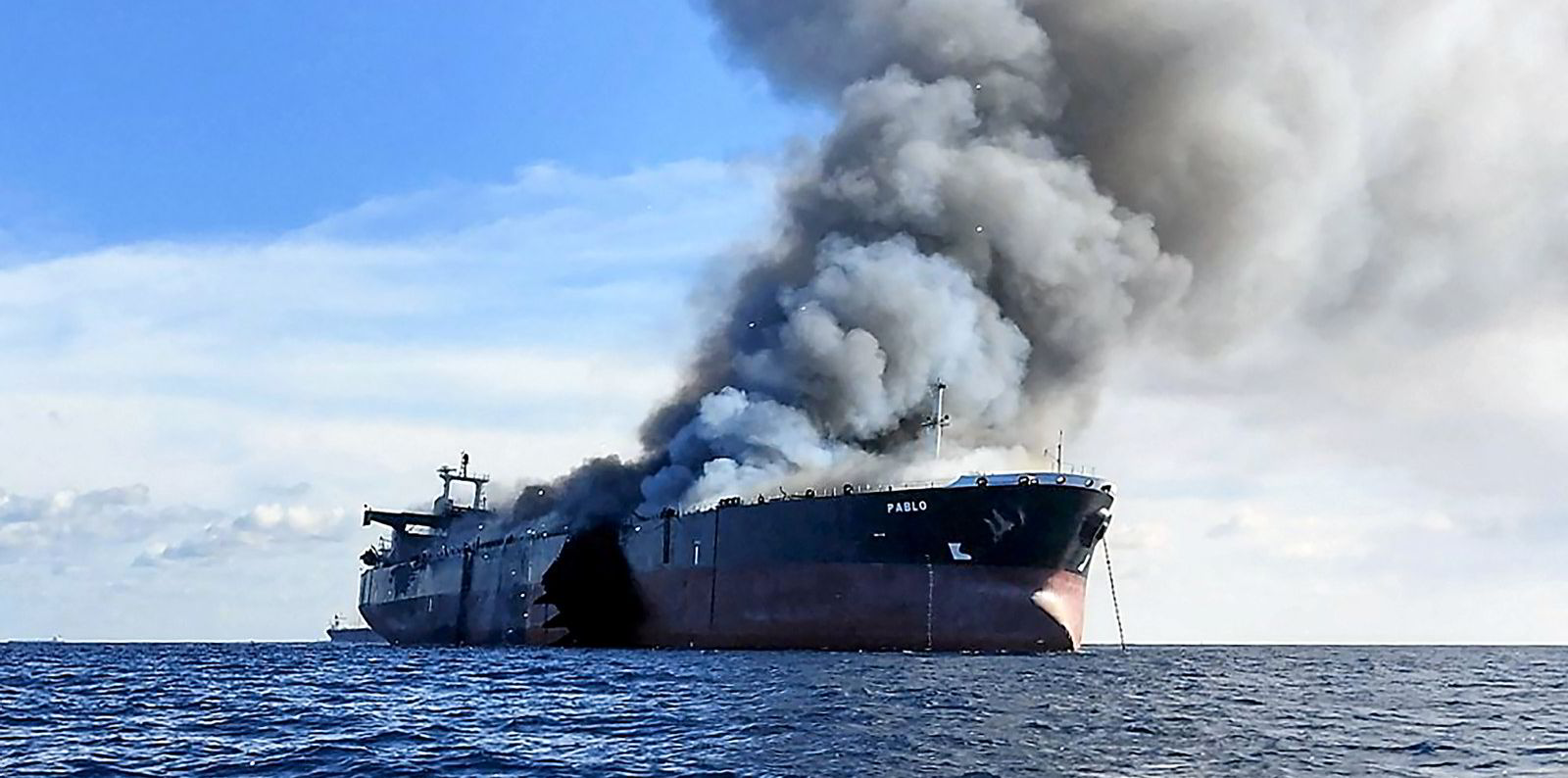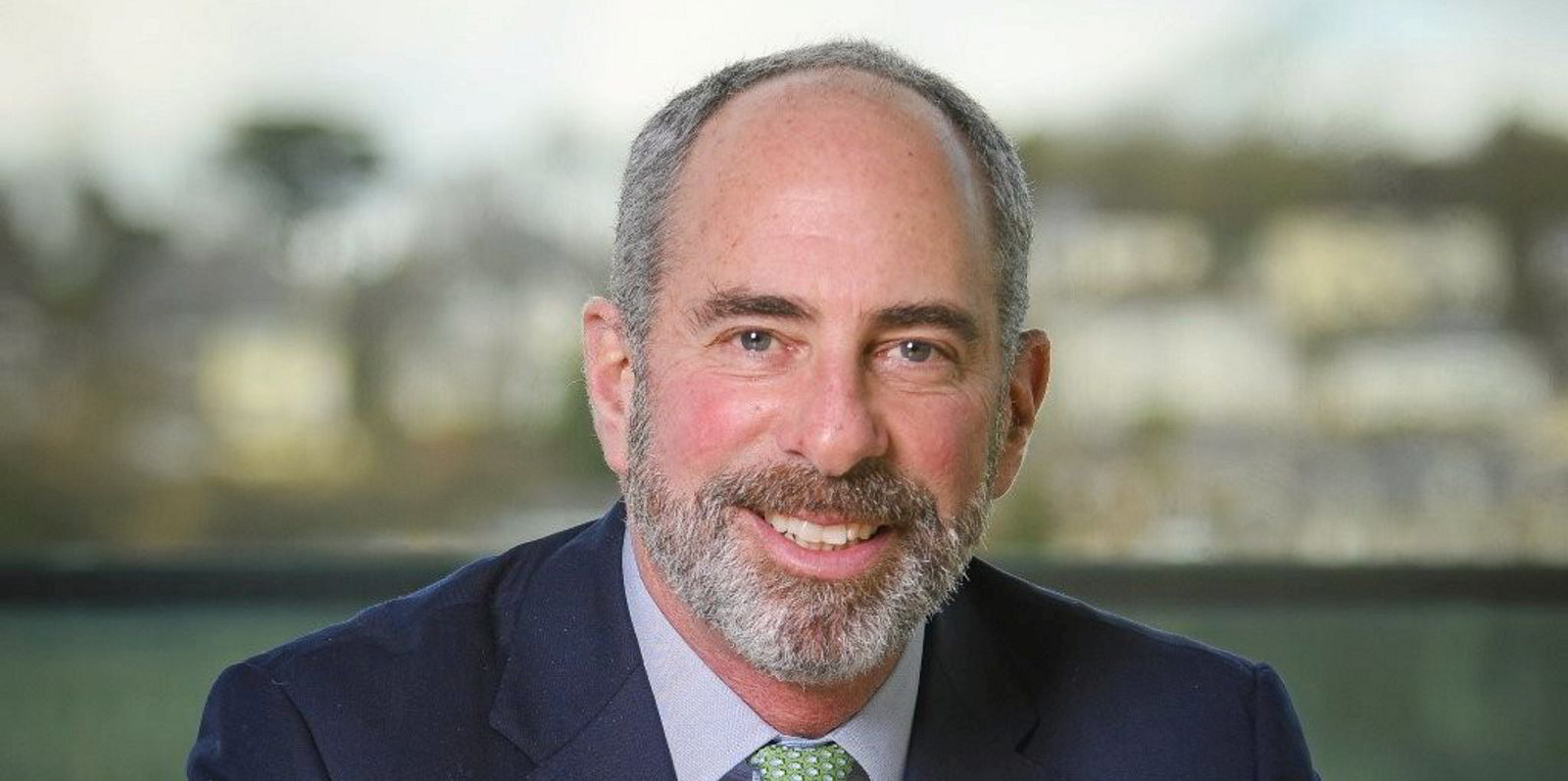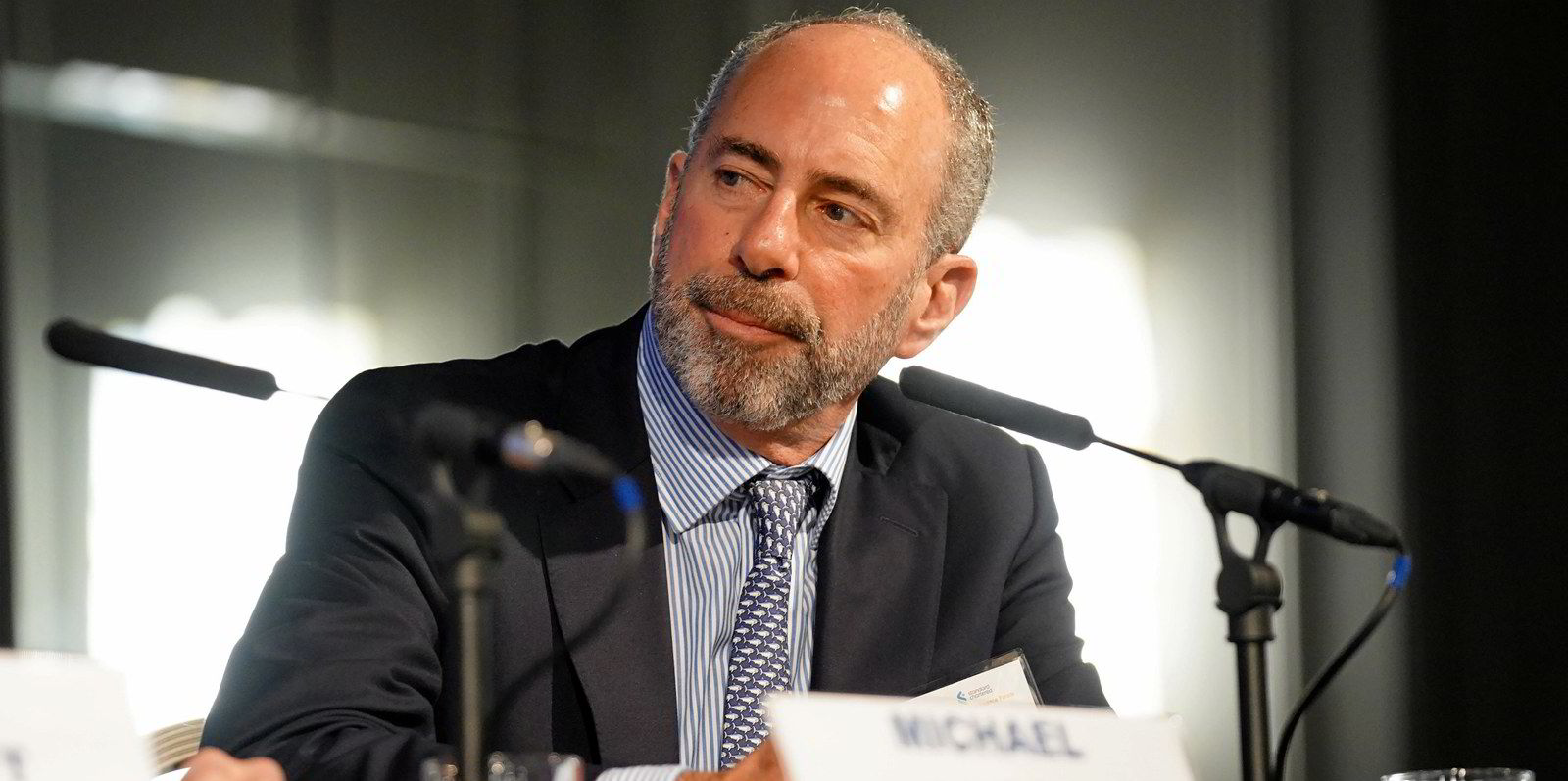The successful shift to low sulphur fuels and double-hull tankers brings hope for the ability of the shipping industry to tackle the daunting challenge of decarbonisation, says Ardmore Shipping chief executive Anthony Gurnee.
Speaking before a crunch meeting at the IMO this week, Gurnee told TradeWinds that he was encouraged by alternative fuel policies of the European Union that were pushing regulators to embrace a stronger package of emissions-cuttings targets.
Gurnee has previously warned that the failure of industry regulators to chart a path to a cleaner future would create a “self-harming roadblock” that would stifle innovation and investment. But he said the EU’s fuel initiatives and the potential backing of other industrialised nations was a hopeful sign.
European Union fuel rules agreed in March have been described by campaigners as part of the most ambitious package of green shipping laws ever adopted. They stipulated that the greenhouse gas intensity of fuels should be reduced by at least 2% by 2025, ratcheting up to 80% by 2050.
And at least 2% of the bloc’s shipping fuels would have to come from e-fuels derived from renewable energy by 2034 at the latest, according to the deal.
“What I like about that approach is that it’s about the fuel,” the head of the Ireland-based product tanker specialist told TradeWinds. “Compliance through emissions is much more difficult than what goes into the tank.
“The question remains how are we going to incentivise the fuel industry to produce the fuels we need?
“We do need the political will to push the regulators to come up with a sensible, workable plan.”
A draft IMO document to be discussed next week proposes raising the regulator’s ambition to achieve net-zero greenhouse gas emissions “as soon as possible or by 2050 at the latest”.

Currently, the target stands at just 50% based on 2008 levels.
Negotiators will also discuss a minimum of 5% of the energy used by international shipping by 2030 coming from zero-emission fuels and technology.
Strong track record
Gurnee cited the successful examples of the regulatory-led response to the Exxon Valdez oil spill of 1989 in responding to pressure both within and outside of the industry.

Single-hull tankers were phased out and replaced with safer double-hulled vessels despite strong resistance from sectors of the industry about the cost implications.
He said IMO 2020 had proved successful in persuading the majority of owners to switch their ships to low-sulphur fuel oil following action by the UN maritime body.
Flag states and port state control have responsibility for ensuring that vessels are compliant with the sulphur rules but “I don’t hear anything about cheating,” said Gurnee.
Concerns over the flouting of environmental rules and regulations have grown with the rise of tanker fleets outside of the mainstream industry to haul sanctioned cargoes from Iran, Venezuela and Russia.
The explosion and fire on board the 96,800-dwt Pablo (built 1997) in the South China Sea in May highlighted concerns over the safety records of ageing tankers and the lack of regulatory scrutiny of the so-called ‘shadow fleet” of vessels.
The Pablo was de-flagged by three registers over the past two years amid allegations of its involvement in transporting Iranian oil.
Gurnee accepted there were limits to effective regulation and the experiences of the Russian sanctions regime and the oil price cap had highlighted how key issues for shipping were determined at a geopolitical level rather than by regulators.
“We’re naive if we think the old rules-based world order is for everyone,” he said.
Rogues and fraudsters
He cited Bernie Madoff as an example of the limits of regulation after he evaded banking rules for years to defraud investors through the world’s largest Ponzi scheme.
“Every industry has its rogues. Shipping maybe has more than we would like,” he said.




